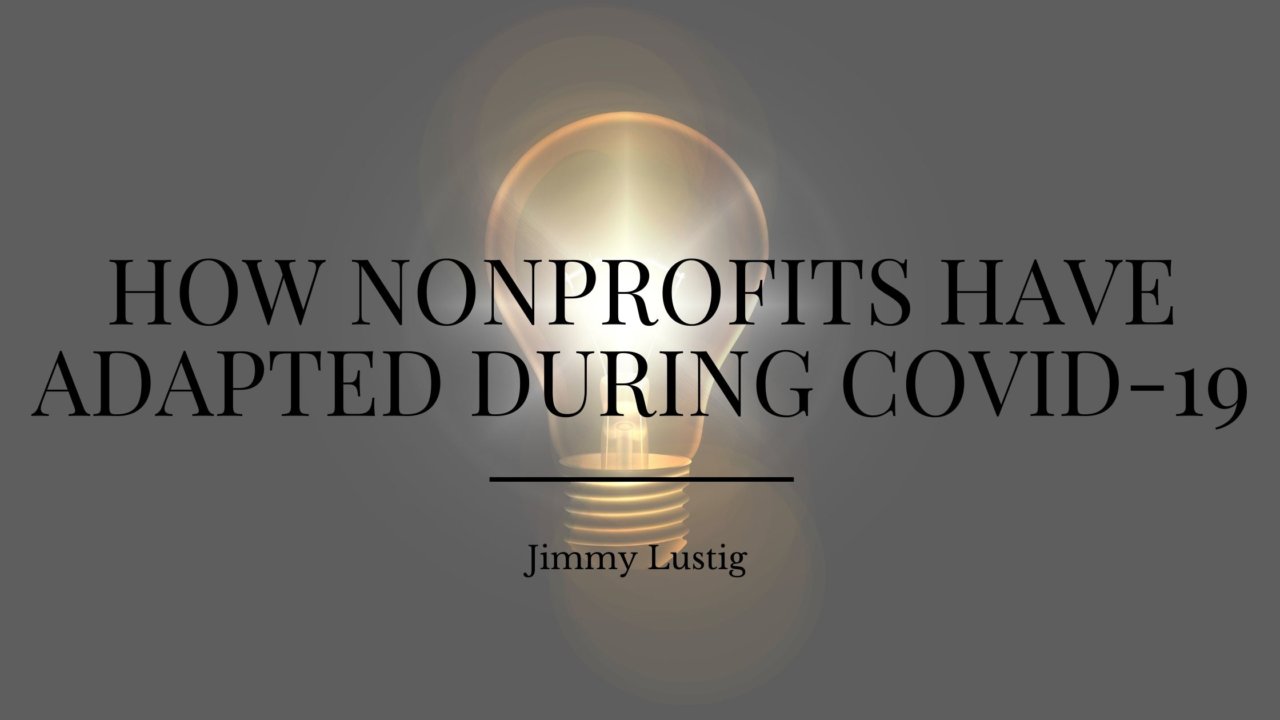In the midst of the COVID-19 pandemic, many nonprofits have experienced a sharp decrease in donations. A small number of donors have reported that they don’t feel comfortable donating money when their own financial situation is uncertain. A much larger percentage of donors still want to help but report that they’re not sure how their donation will help people stricken by the pandemic. And since some facilities rely largely on in-person donations, stay-at-home orders have made it even more difficult for them to get the donations they need to stay afloat.
As a result, nonprofits have found several ways to adapt during the pandemic. One way is by getting in touch with their donors through phone calls or physical letters. Many donors report that they still want to help–they’re just unsure how to do so. By contacting their frequent donors directly, non-profits give them an avenue to help out their favorite churches and charities and rest assured that they know exactly where the money is going.
Some non-profits are also making appeals to their communities that are similar to year-end appeals. They stress the importance of giving to charity during these unpredictable times and highlight how their community has been affected by the pandemic. By sharing their stories, they make the pandemic seem more “real” to their donors and encourage them to reach for their wallets.
Nearly 50% of volunteers have reported that they plan to cease their volunteering activities due to health concerns. To keep people engaged in their charity, many non-profits are brainstorming ways that volunteers can continue to help, even while they’re sitting at home. This keeps the community engaged in their non-profit and encourages more donations during the pandemic.
Additionally, the CARES Act of 2020 established a new tax deduction for certain charitable donations up to $300. Some non-profits have been emphasizing this fact to encourage the donations that the charity needs to stay alive.
Finally, one of the biggest ways that non-profits have encouraged donations is simply by being honest. They’ve informed their donors that their non-profit is struggling and they need help. The non-profit benefits the entire community, and by making cash donations, they’re not just helping themselves–they’re helping their friends, neighbors, and all the people around them.
